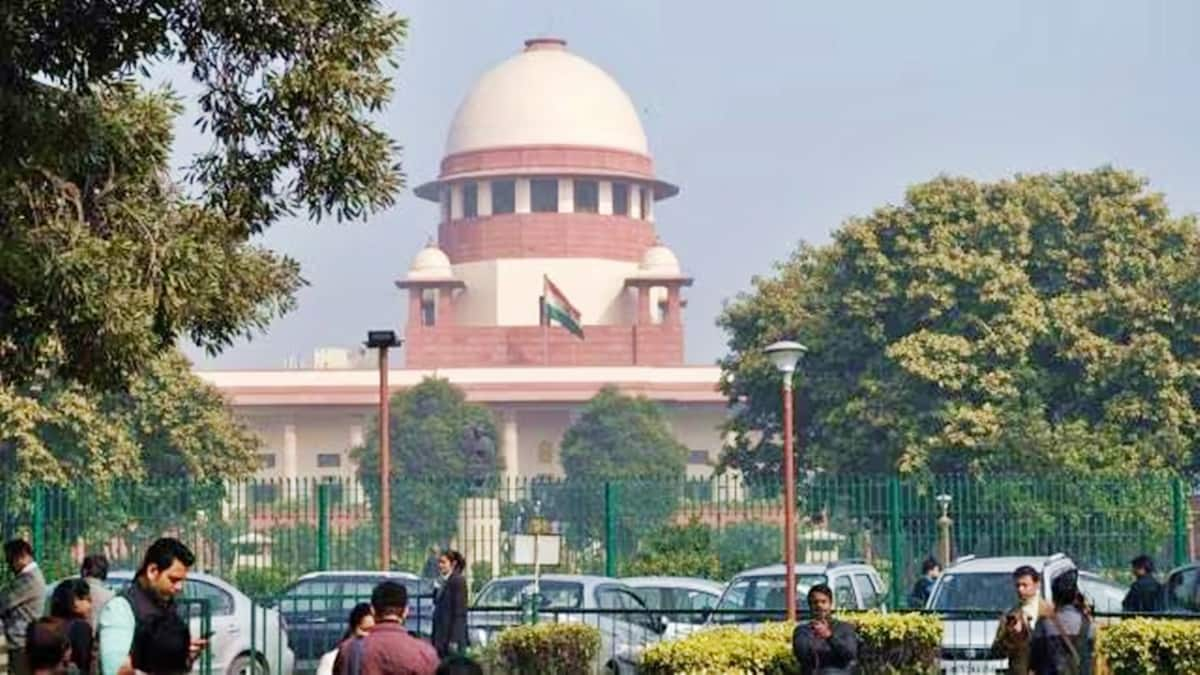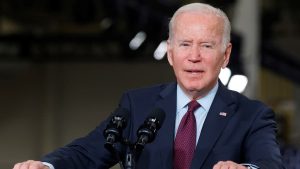Supreme Court verdict on validity of Centre’s decision to abrogate Article 370 today
After the removal of the special status given to Jammu and Kashmir (J&K) following the abrogation of Article 370, dividing the state into the two Union territories of J&K and Ladakh, the Supreme Court is set to announce its verdict on a set of petitions challenging the Article 370 abrogation today i.e. Monday.
A five-judge Constitution bench led by Chief Justice of India DY Chandrachud, with Justices Sanjay Kishan Kaul, Sanjiv Khanna, B R Gavai, and Surya Kant, will determine the constitutionality of the Centre’s August 5, 2019 decision to nullify Article 370’s provisions, which granted special status to the former state of Jammu and Kashmir.
On September 5, a separate five-judge bench led by the CJI concluded hearings after considering the petitions over a 16-day period.
The court heard a total of 23 petitions, some of which were filed before the August 5, 2019, changes. These petitions challenged Section 35A of the Constitution, which empowered J&K to enact special laws for its permanent residents.
Throughout the hearings, the court heard arguments from prominent legal representatives such as Attorney General R Venkataramani, Solicitor General Tushar Mehta, senior advocates Harish Salve, Rakesh Dwivedi, V Giri, and others representing the Centre and intervenors supporting Article 370 abrogation,as PTI reported.
Also Read:Verdict on pleas challenging abrogation of Article 370 in J&K tomorrow
On the other hand, senior advocates like Kapil Sibal, Gopal Subramanium, Rajeev Dhavan, Zaffar Shah, and Dushyant Dave presented the case from the petitioner’s side.
The discussions covered a spectrum of issues, including the constitutional validity of the Centre’s decision, the legitimacy of the Jammu and Kashmir Reorganisation Act that delineated the Union territories, as well as challenges to the imposition of governor’s rule on June 20, 2018, and president’s rule on December 19, 2018, extended on July 3, 2019.
The petitions questioning Article 370’s abrogation and the validity of the Jammu and Kashmir Reorganisation Act, 2019, which partitioned the state into Jammu and Kashmir and Ladakh, were referred to the Constitution bench back in 2019. Arguments commenced on August 2. During the proceedings, the court raised pertinent queries about the authority to recommend Article 370’s revocation in the absence of a constituent Assembly, essential for such a decision in J&K.
Also Read:Lok Sabha: Amit Shah blames Nehru for PoK ‘blunder’, Opposition walks out | WATCH Video
Moreover, the court raised concerns about how a provision (Article 370), explicitly labelled as temporary in the Constitution, could become permanent after the dissolution of the Jammu and Kashmir Constituent Assembly in 1957.
Some petitioners opposing the repeal of Article 370 argued that the provision couldn’t have been abrogated as the Jammu and Kashmir Constituent Assembly’s term concluded in 1957 after formulating the erstwhile state’s Constitution.
Consequently, with the constituent Assembly having ceased to exist, they contended that Article 370 acquired a permanent status. However, the Centre maintained that annulling the provision that granted special status to the erstwhile state of Jammu and Kashmir did not involve any “constitutional fraud.”
(With PTI Inputs)



